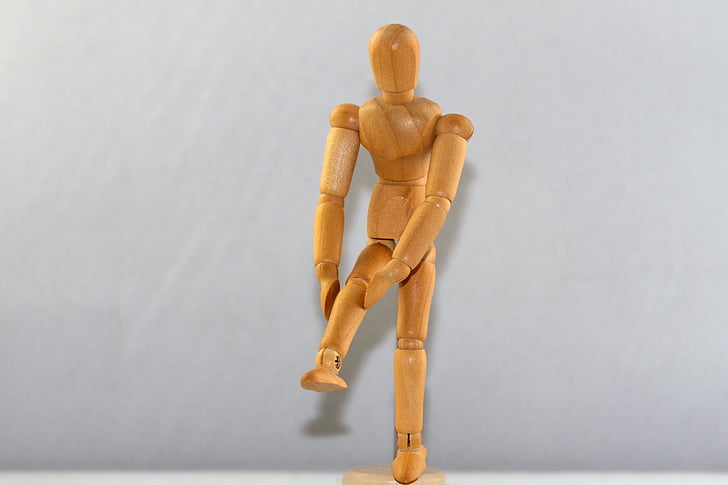
The global orthopaedics market is set to decrease in value by more than 20% this year following the impact of Covid-19, according to an analyst.
Analytics firm GlobalData anticipates that, due to many elective surgeries being postponed or cancelled during the pandemic, the demand for orthopaedic devices will fall by close to one fifth compared to 2019.
The market was valued at $52bn last year, but looks set to be closer to $40bn in 2020.
Tina Deng, MSc, principal medical devices analyst at GlobalData, believes the Covid-19 crisis will have a “lasting impact” on the global orthopaedics market.
“GlobalData expects it may take more than six months to return to 90% of the pre-Covid level of elective orthopaedic surgeries globally,” she said.
“However, most healthcare facilities have adequate stockpiles of the necessary equipment for a potential second wave.
“As a result, healthcare systems in general are better equipped to address the pandemic in the coming months than they were early this year. This gives hope to the market in the upcoming quarters.”
Global orthopaedics market in 2020
According to Deng, recovery rates from this slump will “vary widely” across the globe due to several factors — including prevalence of Covid-19 domestically, healthcare infrastructure, staffing capabilities, and personal protection equipment supply.
“While countries like Germany and China demonstrated sharp, V-shaped, quick recoveries, most countries gradually made progress back to normalisation” she said.
“The UK, India, and Latin America lagged in terms of recovery, creating a drag on overall global performance.”
There’s also variation in how severely each area within the global orthopaedics market has been impacted, according to GlobalData’s analysis.
The markets for hip- and knee-related devices have been hit the worst, with their values decreasing by an average of about 70% in the second quarter of 2020 compared to last year.
Of the two, however, the hip market is recovering faster due to the nature of hip-related procedures being less elective.

Demands for non-elective surgeries have suffered less during the pandemic, with trauma fixations, amputations and oncological procedures among the least-severely affected markets.
Trauma fixations have been the single least-severely affected area of the orthopaedics market — as many of these procedures are essential, and are therefore less likely to be postponed or cancelled.
While most companies reported “mild” revenue declines for trauma-related devices, the market has still come under some pressure due to fewer road accidents, and reduced physical activities, during widespread lockdowns.
“Although the overall orthopaedics market is set to decline this year, there are some innovative products showing strong demand,” said Deng.
“For example, robotic orthopaedics systems continue to gain interests. Currently, Stryker dominates the market with its MAKO system, while Medtronic leads robotic neurosurgeries with its Mazor system.
“Companies like Zimmer Biomet, Smith & Nephew, and Globus Medical are gaining prominence with their robotic surgical systems for orthopaedic procedures.
“In the first half of 2019, medical facilities had a reduced need for new robotic systems due to the pandemic, but most robotic surgical procedures had resumed by Q3 2020.
“GlobalData anticipates that companies manufacturing robotic surgical systems will experience an increase in sales throughout the second half of 2020.”






